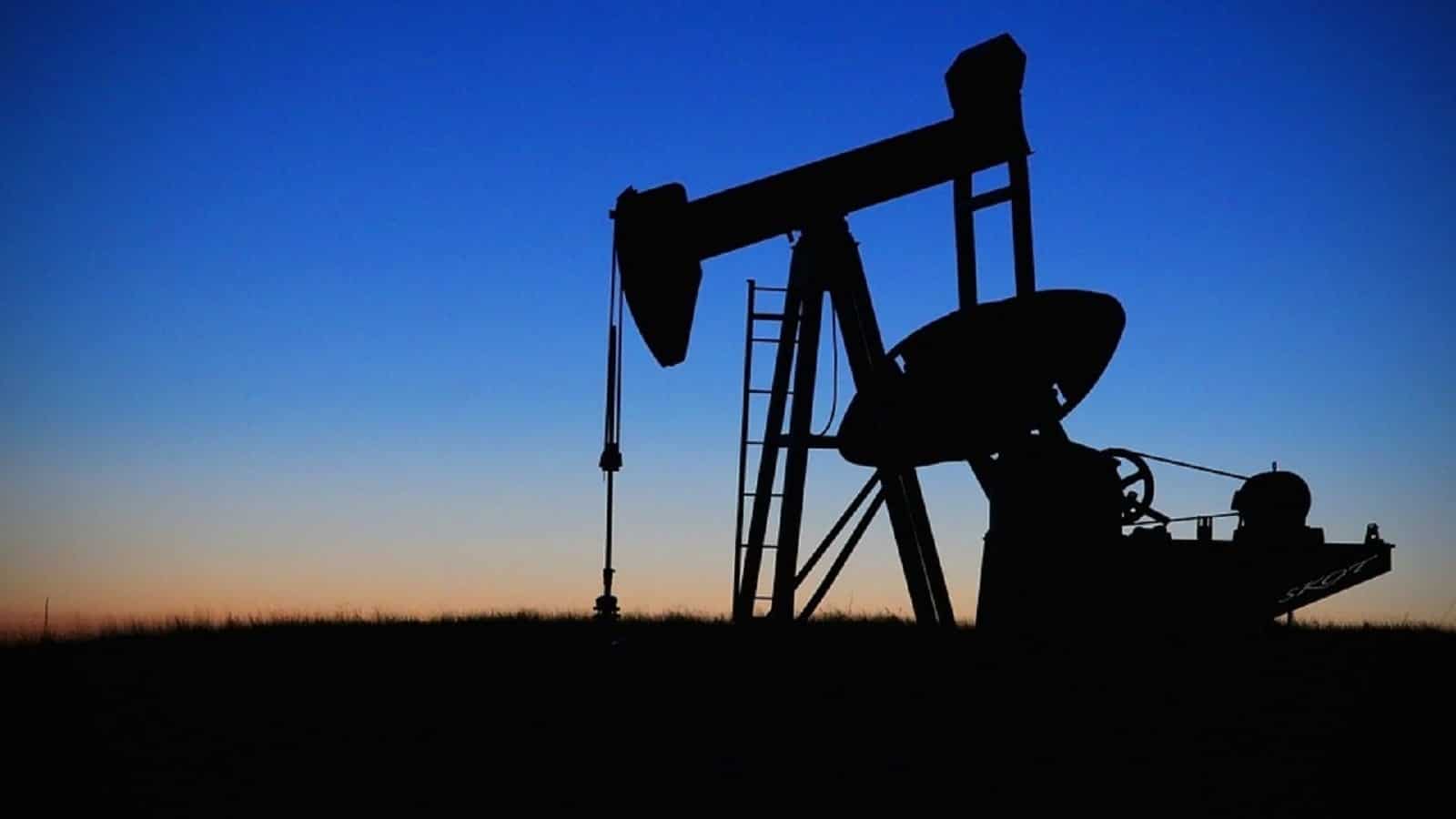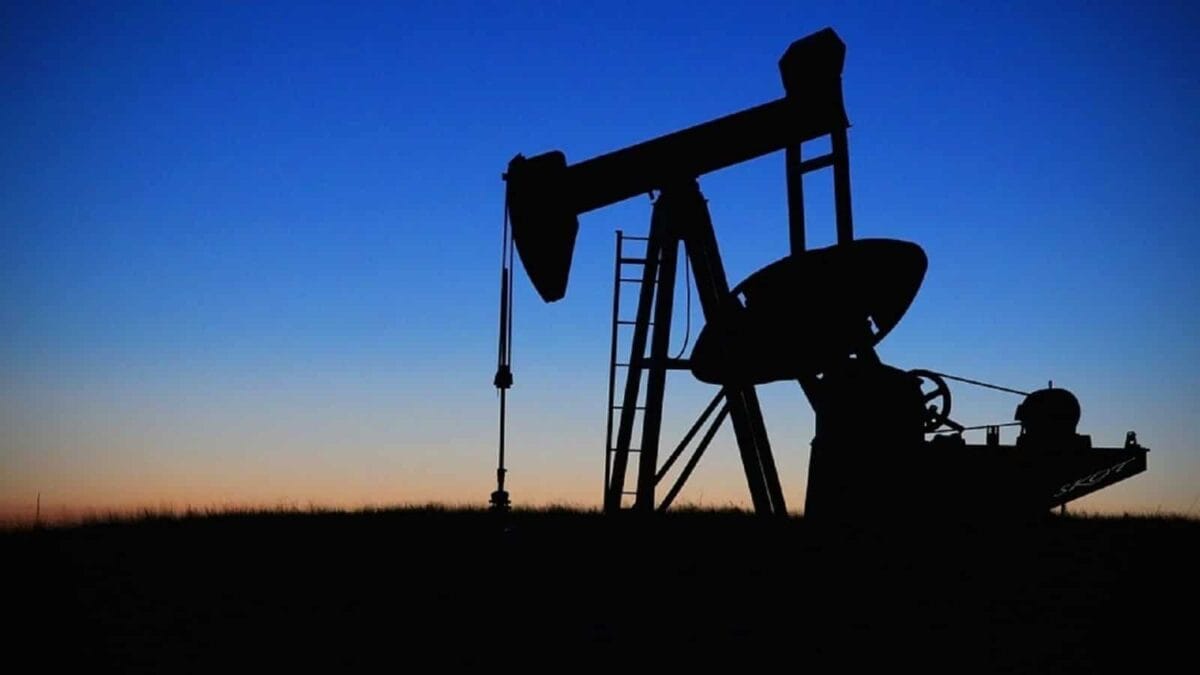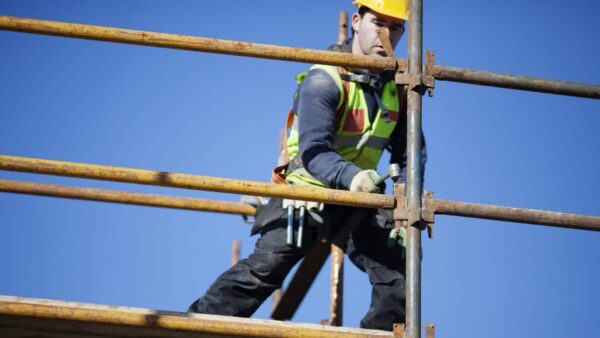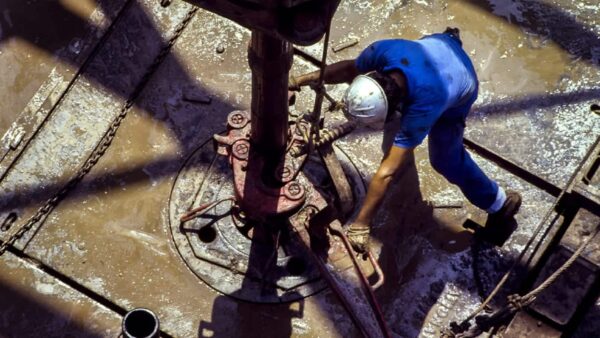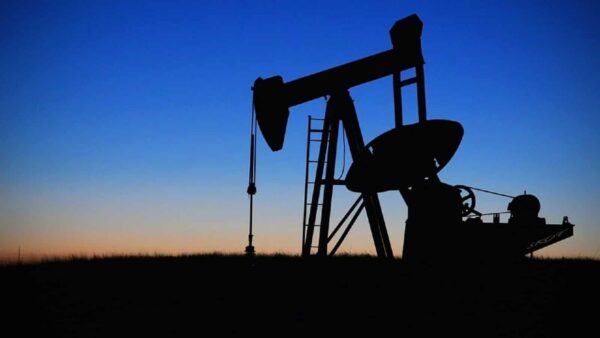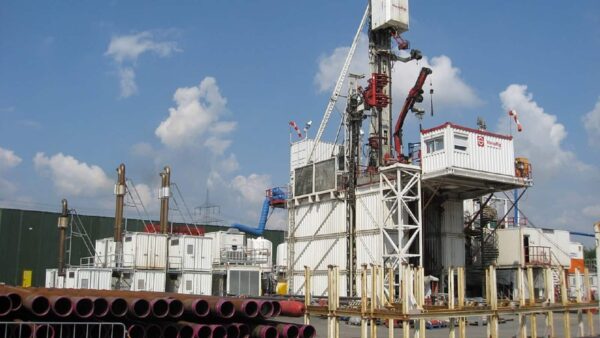It’s no secret that working at an oilfield is a dangerous job. Being around heavy machinery and working with powerful and unpredictable natural forces presents a natural risk, but that doesn’t mean you have no recourse should you be injured on the job. You’re still entitled to a reasonably safe working environment, just like everybody else.
Accidents do still happen on oil fields, however, due to a variety of reasons. Safety protocols aren’t always the same from one worksite to another, and the lack of official government regulation only allows the divide to be more severe. Make sure you stay safe at work by familiarizing yourself with common accidents. Learn some common examples of negligence in oil field accidents, what to do if you’re injured by an unsafe work environment, and discover how an oil field accident attorney can help your case.
Defining Negligence
When it comes to workplace accidents, negligence is a failure to meet a reasonable expectation of carefulness in regard to safety. It is your employer’s job to make sure you have a safe working environment, so don’t hesitate to speak up if you spot any negligence. Remember, personal injury suits are based on demonstrating negligent behavior and how that negligence led to your injury, so keep watch for the most common accidents caused by negligence.
Exposure to Toxins
Oil itself can be toxic to humans, but some of the gases and other elements used in the extraction process can be even worse. Without proper safety precautions, oil field workers could be exposed to toxins for far too long, which can severely inhibit their ability to function. There have been cases where people developed lung problems and organ damage, while other cases involved people dying outright.
Exposure is such a devastating problem because oil field workers often have to work in small spaces filled with fumes. Not only does this damage your body, but you can take those toxins home and spread them to your friends and family as well. Thankfully, OSHA has guidelines for working in small spaces, which means your employer has to be compliant in order to run a legal operation. If they’re not, you can contact OSHA to force a change if your supervisor insists on doing nothing.
No Way Out
One of the most important practices for workers in the oil industry is to always have a way out. The way your worksite is set up should always provide a way out should an emergency arise. Working with oil is inherently dangerous, in large part because oil is explosive. Should an explosion or fire occur, you’ll need a path that will get you out of the dangerous area fast.
Official standards are in place that your superior must follow when drilling. Exit routes must always be open and available in case anything happens. Fire prevention plans and emergency action plans should also be in place, and everyone should be intimately familiar with the part they have to play. Your superior can also be neglectful if they fail to provide you with adequate fire-resistant clothing and training on how to handle flammable materials safely.
Inadequate Training
While many oil field accidents are due to mistakes that employees make, the blame can’t always be put solely on employees. There have been quite a few cases in which workers weren’t properly trained before heading to the oilfield. Without that proper training, there’s no way a worker is going to be able to handle the incredibly flammable and dangerous materials correctly.
Inadequate training not only puts the poorly trained employee at greater risk, but it also jeopardizes all other employees around them. With materials as sensitive as those at an oil field, you need to make sure they’re left in the hands of experts. Common drilling practices also need to be followed by everyone in equal measure to avoid getting trapped in the case of a cave-in or getting stuck in moving machinery.
Driver Error
Every oil field is filled with heavy machinery to assist with the drilling process, and that includes vehicles. Providing the proper training to operate vehicles is essential, but it’s also important for the worker behind the wheel not to engage in any negligent behavior that could impact their performance. Like driving a normal car on the road, they need to be free from distractions and allow for full concentration.
It can be difficult driving after working in oil field conditions for a few hours. Even if driving is the first thing you do, going from one oil field to the next can be exhausting. The heavy lifting and toxins in the air don’t make it any easier, either. Too often there are vehicular accidents at oil fields, often caused by their driver’s inability to focus.
Oil Field Accident Attorney
If you’ve been injured at the oil field, you need the help of an experienced oil field accident attorney. For representation you can count on, Braker White is happy to help. Winning any kind of personal injury case is about determining liability through negligence, and these examples are just a small fraction of the information we can bring to your case.

